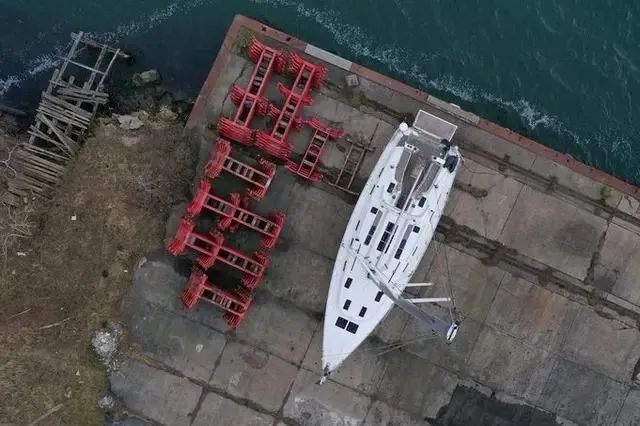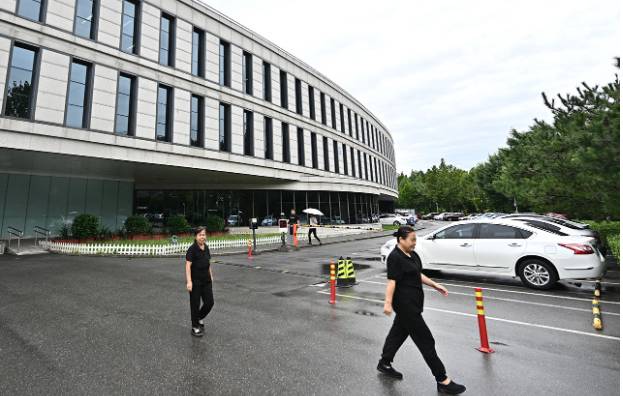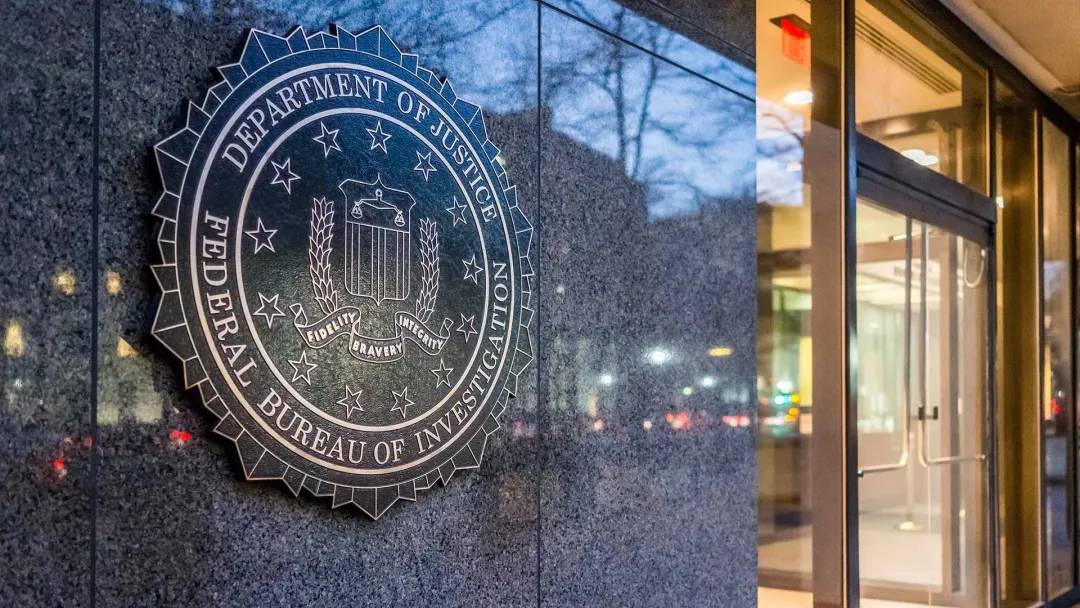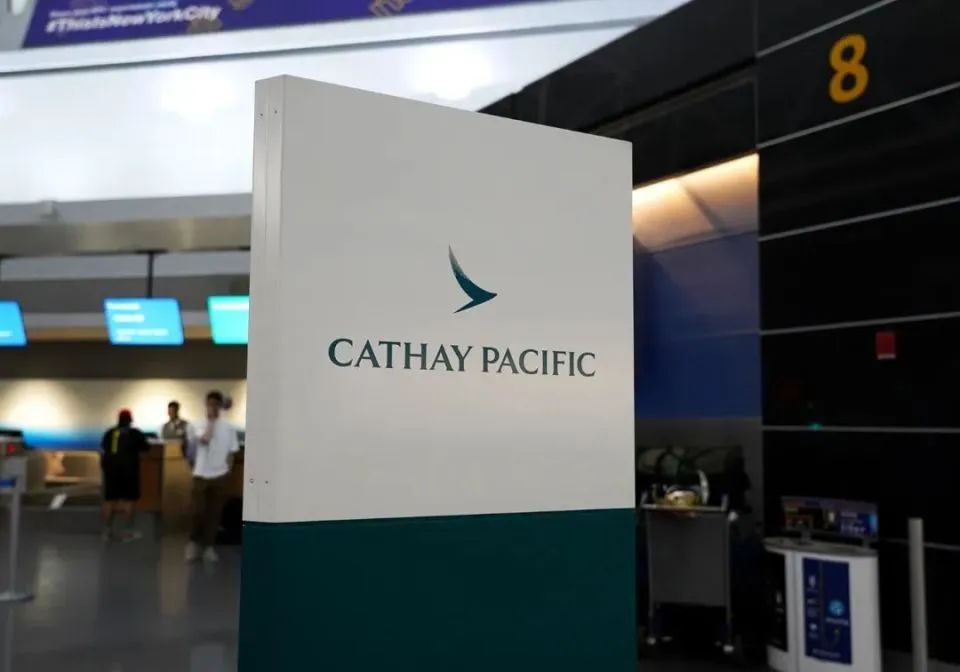Germany's arrest warrant issued in a blaze of glory
According to reports, the German government deputy spokesman Büchner said at a regular briefing that the investigation of the “Nord Stream” pipeline bombing case is a top priority for the German government. According to German media reports, nearly two years after the “Nord Stream” gas pipeline explosion, Germany's Federal Prosecutor General issued the first arrest warrant for a suspect in the explosion in June. The suspect, Vladimir Z., is reportedly a Ukrainian national whose last known whereabouts were in Poland. No arrests have yet been made against this individual. Two other Ukrainian citizens are also considered suspects by German investigators as possible divers who installed the explosive device on the gas pipeline.
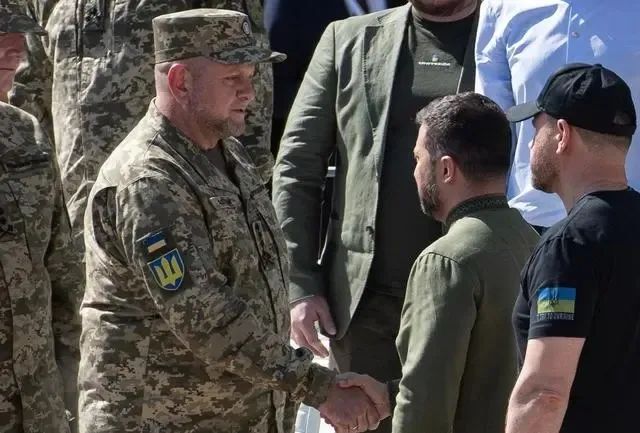
Image Source: Sourced from the Internet
Commenting on German media reports that Germany had issued the first wanted notice in the Nord Stream pipeline bombing case, Anna Adamiak, a spokeswoman for the Office of the Prosecutor General of Poland, said that the Ukrainian man, Vladimir Z, who is wanted by Germany, had left Poland and returned to Ukraine. After receiving the arrest warrant, the Polish prosecutor's office had to confirm the suspect's place of residence, Anna Adamiak said. According to information obtained by the prosecutor's office from the Polish border guards, the border guards who checked Vladimir Z at the border crossing did not know he was wanted, meaning the warrant was not entered into the search database.
The Wall Street Journal published a report on the same day, stating that its report disclosed more real details of the incident, such as the fact that the CIA had asked Ukrainian President Zelensky to call off the attack on the Nord Stream gas pipeline, and Zelensky had agreed to do so, but then Commander-in-Chief of the Ukrainian Armed Forces, Zaluzhny, disobeyed the order and pushed ahead with the operation. Regarding the bombing of the Nord Stream gas pipeline, the Wall Street Journal said, “It's an outlandish plan that could have come about only when the bars were closed.”
Zaluzhny had taken up the post of Ukraine's ambassador to the United Kingdom earlier this year. After the German arrest warrant was issued, Zaluzhny said in a text message that he had no knowledge of any such action, that any hint of it was “pure provocation” and that the Ukrainian Armed Forces were not authorized to carry out missions abroad, so he would not be involved, according to the Wall Street Journal. A senior official of Ukraine's National Security Service also denied that the Ukrainian government had anything to do with the sabotage. According to a recent CCTV news report, the advisor to the head of the Ukrainian presidential office, Mr. Podoliak, said in a media interview that Ukraine had nothing to do with the explosion of the Nord Stream gas pipeline.
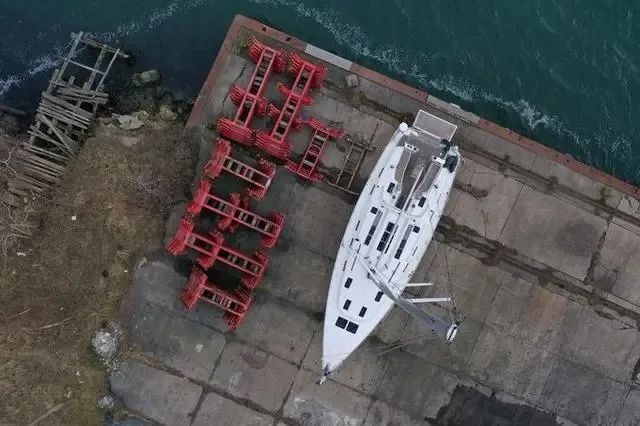
Image Source: Sourced from the Internet
“Nord Stream” incident occurred nearly two years, the Western media has repeatedly exposed the so-called ‘behind-the-scenes information’. The Wall Street Journal recently published its latest article, pointing the finger at the Ukrainians again. The WSJ interviewed four senior Ukrainian defense and security officials who were either involved in the program or had direct knowledge of it. All said the Nord Stream pipeline was a “legitimate target” in Ukraine's defense war against Russia. More than four months before the incident, several high-ranking Ukrainian military officers and businessmen had a small get-together to celebrate progress on the Russian-Ukrainian battlefield. In the spirit of booze and patriotic fervor, a plan was proposed to destroy the Nord Stream pipeline.
“After the destruction of the Nord Stream pipeline, Denmark, Sweden and Germany launched separate investigations, but refused to involve Russia. In February 2023, Seymour Hersh, a well-known American investigative journalist, revealed that the Nord Stream pipeline had been secretly sabotaged by the US intelligence services and the US military. U.S. military personnel in June 2022 to the North Atlantic Treaty Organization exercises as a cover, infiltrated into the sea to plant bombs, the Norwegian Navy in September of the same year detonated the bomb. The U.S. government denies this. The New York Times and the German weekly Der Spiegel have reported that the Nord Stream pipeline explosion may have been carried out by a Ukrainian group. But Zelensky said he did not give such orders.
Denmark and Sweden announced in February this year, the end of the investigation, did not publicly identify any suspect party, the cause of the explosion more and more doubtful. According to the Danish police, the investigation is “both complex and comprehensive”, the explosion is “vandalism”, but “the evidence is not enough to bring criminal proceedings in Denmark”, can not comment further. The Swedish prosecution announced the closure of the investigation on the grounds that “Sweden has no jurisdiction”, stating that the main purpose of the investigation was to ascertain whether Swedish citizens were involved in the bombing in some way. The Swedish prosecution said it had handed over material that could be used as evidence to Germany. The German side said it would continue to investigate.
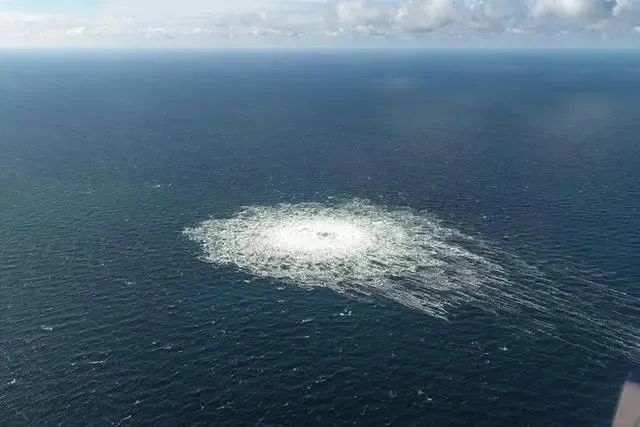
Image Source: Sourced from the Internet
The Daily Beast cited a recent report in Germany's Die Welt newspaper that the media outlet learned from German investigators that a Ukrainian organization was planning an attack on the two Nord Stream pipelines on the Baltic Sea floor in 2014. At that time, Nord Stream 1 had been in operation for more than two years and Nord Stream 2 was being planned. Some German experts are concerned that the investigation will either yield no results or that the results will not be published for so-called national security reasons. At the same time, Germany's support for Ukraine could be shaken if the investigation confirms that Ukrainian sources planned the attack.
And the bombing two years ago not only had a major impact on Europe's energy supply chain, but also heightened geopolitical tensions in the region. In the case of the investigation process, the European multinational cooperation but there are still many problems. German political and economic think tank Schiller Institute researcher Osenkopp said: “One of the biggest problems is the investigation is decentralized. The German Prosecutor's Office is investigating here, Denmark is also investigating, Sweden is also investigating. But there is not sufficient exchange of information between the parties, administrative barriers and a lack of transparency. Investigations must be coordinated through the cooperation of the relevant government committees.”
-------- END --------
